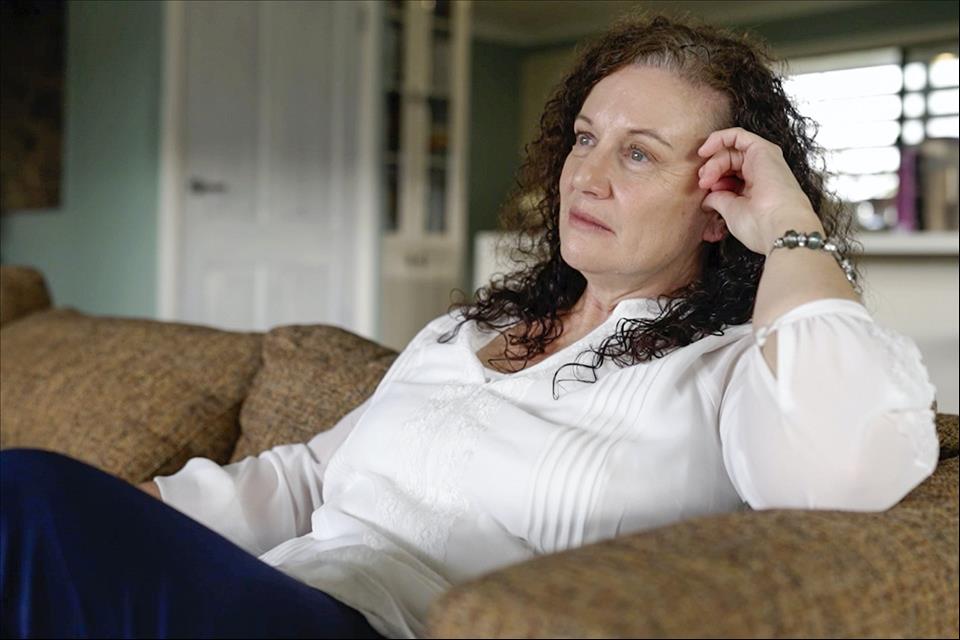(MENAFN- The Conversation) US defence lawyer Alan Dershowitz once said:
The Kathleen Folbigg case shows that scientific development will sometimes retrospectively highlight mistakes .
Last week, Folbigg was pardoned and released, having served 20 years of her 30-year sentence after being convicted of murdering her four infant children in 2003.
New scientific evidence was brought to light that raised reasonable doubt as to her guilt .
But not everyone will be able to get a team of 23 scientists to carry out genetic testing, or get two Nobel Laureates and a clutch of 88 other scientific notables to petition the governor, as Folbigg's team was able to do. Nor should these extraordinary measures be necessary.
When science evolves, we need better mechanisms for reviewing the legal decisions based on that science. A specialist commission would be well placed to do this.
The Folbigg case
In one fundamental aspect, law and science are very different: our courts have to make a decision based on the evidence available to them at the time, whereas science can keep going, looking for new understandings.
This can make the meeting of law and science a troublesome encounter, as was the case with Folbigg's conviction in 2003. At the time, autopsies failed to find a reason why her children died.
The cause of death for three of the children was given as“SIDS” – sudden infant death syndrome, meaning the death of a child less than a year old without an apparent cause. One of the children was outside the age range for SIDS because she was 18 months old when she died, but again there was no clear cause of death.
Although doctors still disagree with one another on this point, the prosecution argued that the sibling of a child who died of SIDS was no more likely to die from SIDS themselves. So the chance of four siblings all dying of undetermined causes was vanishingly small.
The jury was invited to infer that Folbigg must have killed her children. The defence was unable to give a definitive alternative explanation for such tragedy within one family.
However, in 2013 – when Folbigg was already ten years into her sentence – science suggested a new possibility. A team of medical researchers studying babies who had repeated heart attacks were looking for possible genetic explanations. They discovered the babies had a mutation in their CALM1 or CALM2 genes, which give instructions for making a protein called“calmodulin”.
Calmodulin plays a role in making heart muscles contract. Some people with a CALM mutation might seem fine, but then suddenly suffer a heart attack and even die.
The relevance to Folbigg's case would only be clear in 2021, when folbigg's blood and that of her four children was tested to look for genetic mutations that might connect the children's deaths. Folbigg and her two daughters had a mutation in their CALM2 gene.
Folbigg's two sons also had mutations to another gene, BSN, which in mice can cause lethal epilepsy. It's not yet known what the effects are in humans. One of Folbigg's sons had epileptic seizures before his death .
Rapidly developing science
Genetics is a science that's changing very rapidly.
The online mendelian inheritance in man project is a register of“Mendelian diseases” – diseases caused by the mutation of a single gene.
From just over 1,000 in 2003 when Folbigg was convicted, there are now nearly 4,000 single genes identified whose various mutations can cause more than 6,250 different diseases .
The CALM2 mutation that Folbigg and her daughters had is buried in that avalanche of discovery.
Read more: kathleen folbigg's children likely died of natural causes, not murder. here's the evidence my team found
Genetics isn't the only field in which the pace of change is exponential. Our legal system needs to adjust to handle change in science better.
Governors and attorneys-general are the last line of resort when new evidence arises after the appeal process has been exhausted, but they're not best equipped to consider advances in science and anticipate the implications.
We need a specialist federal commission that can review new scientific developments and their potential for pursuing justice or rectifying miscarriages.
The commission should be active in addressing any mistakes that may be retrospectively highlighted by new understanding.
Some countries, such as the United Kingdom, have an independent criminal convictions review commission and a separate, governmental forensic science regulator that sets standards for forensic evidence.
An independent federal commission, with a broader mandate and range of expertise than either of these types of bodies, and which could anticipate and advise on the impact of new scientific developments, would be a beneficial addition to Australia's justice system.
The australian law council has recognised the need for a convictions review commission to examine potential miscarriages of justice. This proposal could be expanded to specifically address the problem of change in science: a commission which would not just review and respond but anticipate and advise on the impact of scientific change.
It could aim not just to rectify miscarriages of justice, but also to reduce the likelihood of them happening in the first place.




















Comments
No comment